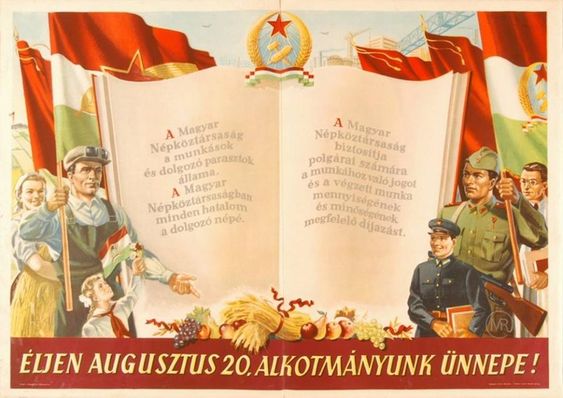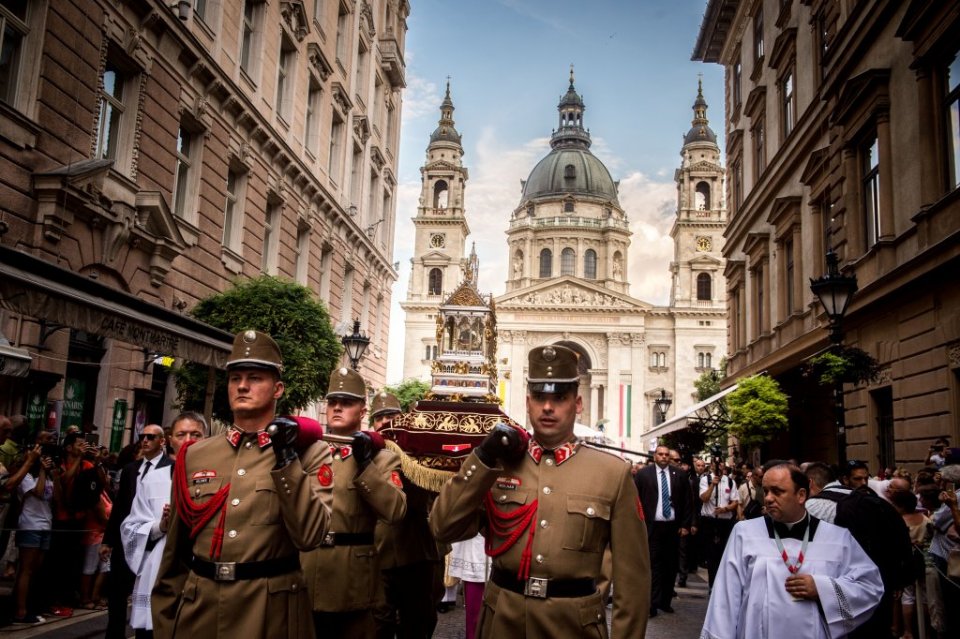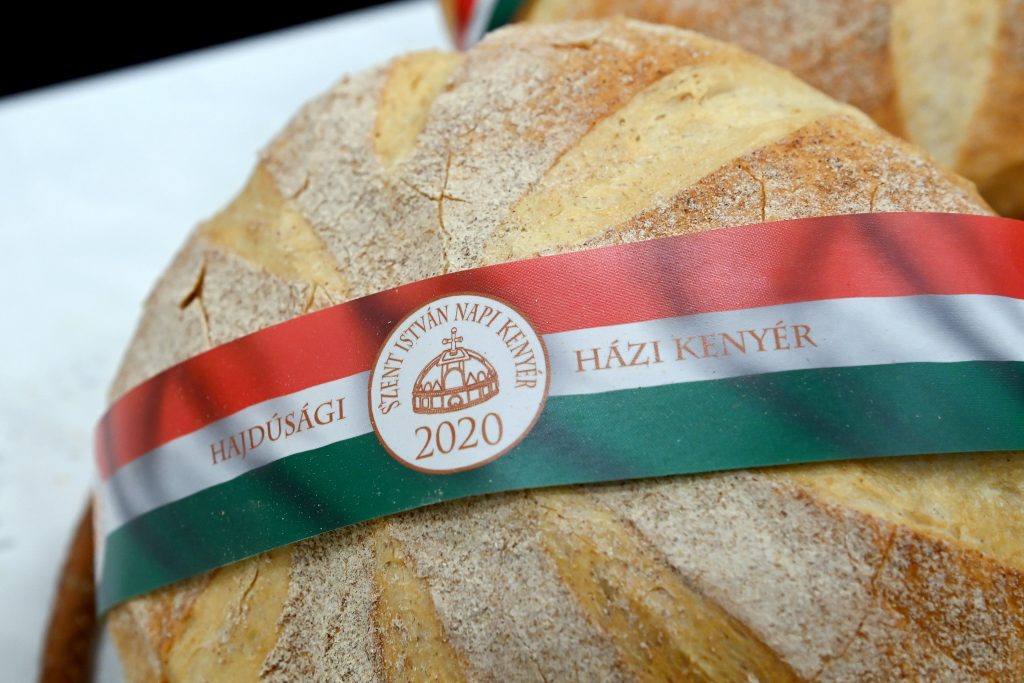THE CASE OF ST STEPHEN WITH THE HUNGARIAN BREAD
August 20 this year is a long 4-day holiday for most Hungarians from Thursday to Sunday, enjoying the last days of summer pleasures at Lake Balaton or elsewhere but away from work.
But what is this holiday about? Learn more about it in a historical context in our blog.
August 20, just like the 4th of July celebration in the US, is the official national holiday with lots of festivities, the closing big event of which has been the spectacular fireworks from the Gellért Hill watched by hundreds of thousands, though this year it’s cancelled due to the pandemic.
What indeed we celebrate has been a most controversial issue for centuries. Being Stephen’s day in the Hungarian calendar, it was traditionally a religious holiday remembering the founder of the Hungarian State, St. Stephen. The day was officially elevated to be a national holiday by Maria Teresia in 1771 the highlight of which was the procession including the Holy Right Hand of the saint king.
This tradition was in effect until 1945 when the country fell into the Soviet/Russian sphere of interests and due to the new ideology forced on the nation, the symbolism of anything national or religious was eliminated and replaced with new content. In this spirit, St Stephen was confiscated of his SAINT title and called Stephen I, while the holiday, keeping the date, was declared the holiday of the NEW BREAD, which had been present in the folk culture, though not exactly on this day. Later, from 1949 it was renamed to be Constitution Day, remembering, of course, the new communist constitution of 1949, the first two paragraphs of which declare that Hungary is a people’s republic, a state of workers and working peasants and where all power belongs to the people.
In this way St Stephen’s Day was completely expropriated by the new power to mean something neutral, like the New Bread after the harvest season. But even this was over-politicised, as you can see the slogan on the lorry, which reads: THE RESULT OF THE SOCIALIST WORKERS’ COMPETITIONS: FEAST OF THE NEW BREAD.
The holiday got back its original meaning only after the 1989 change of system when all Communist-related symbolism was deleted and even banned, like the red star. The holiday is mainly about St Stephen, including the ritual St Stephen’s Day Procession at the Basilica, but due to the Bakers’ Association lobby the new bread is still celebrated and every year a special bread recipe can be the winner of the competition. This year the most innovative bread of the year competition turned out to be the rosemary-potato loaf homemade bread made by Balmaz Sütöde Ltd.
Jó étvágyat! Enjoy the new bread!




